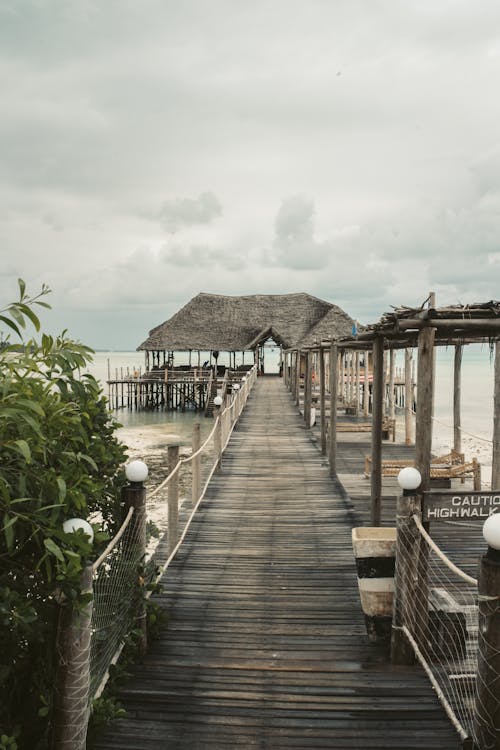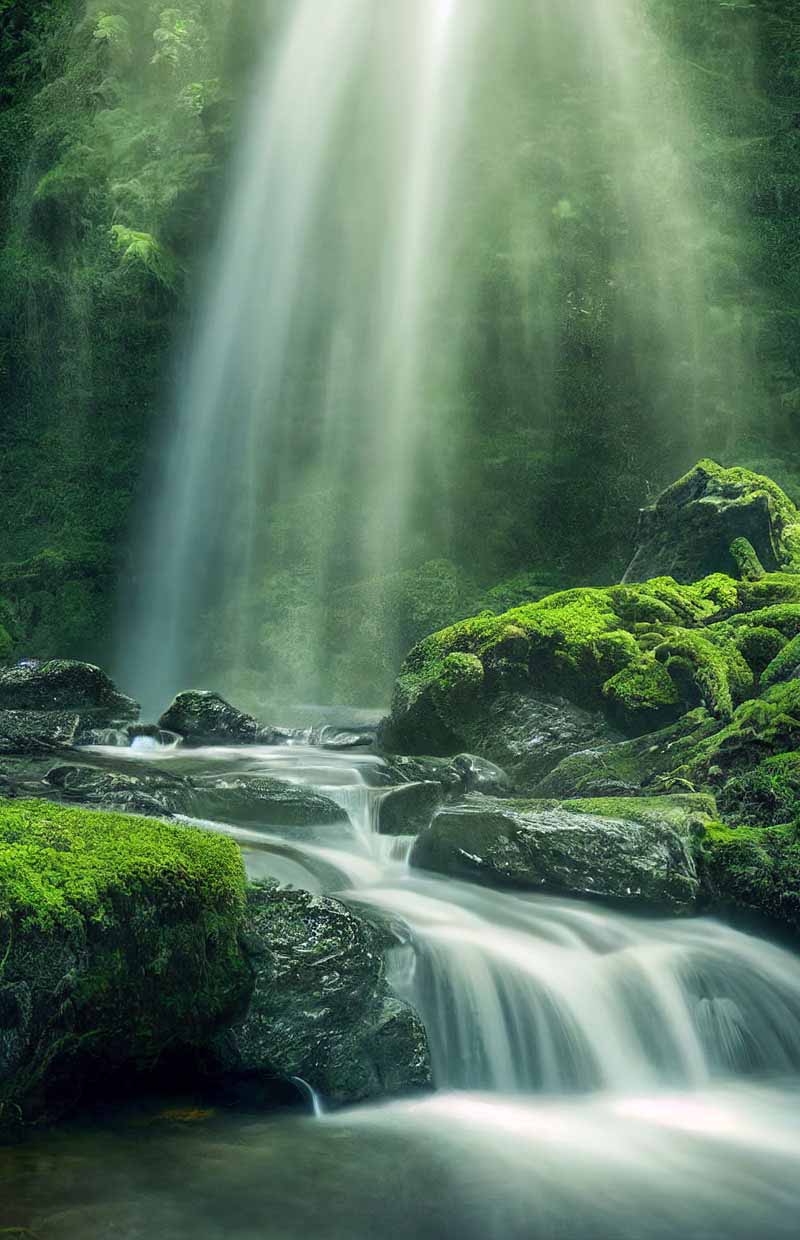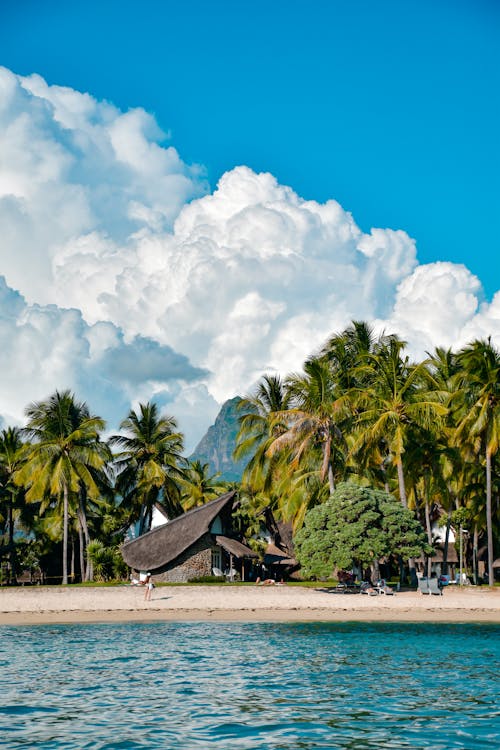
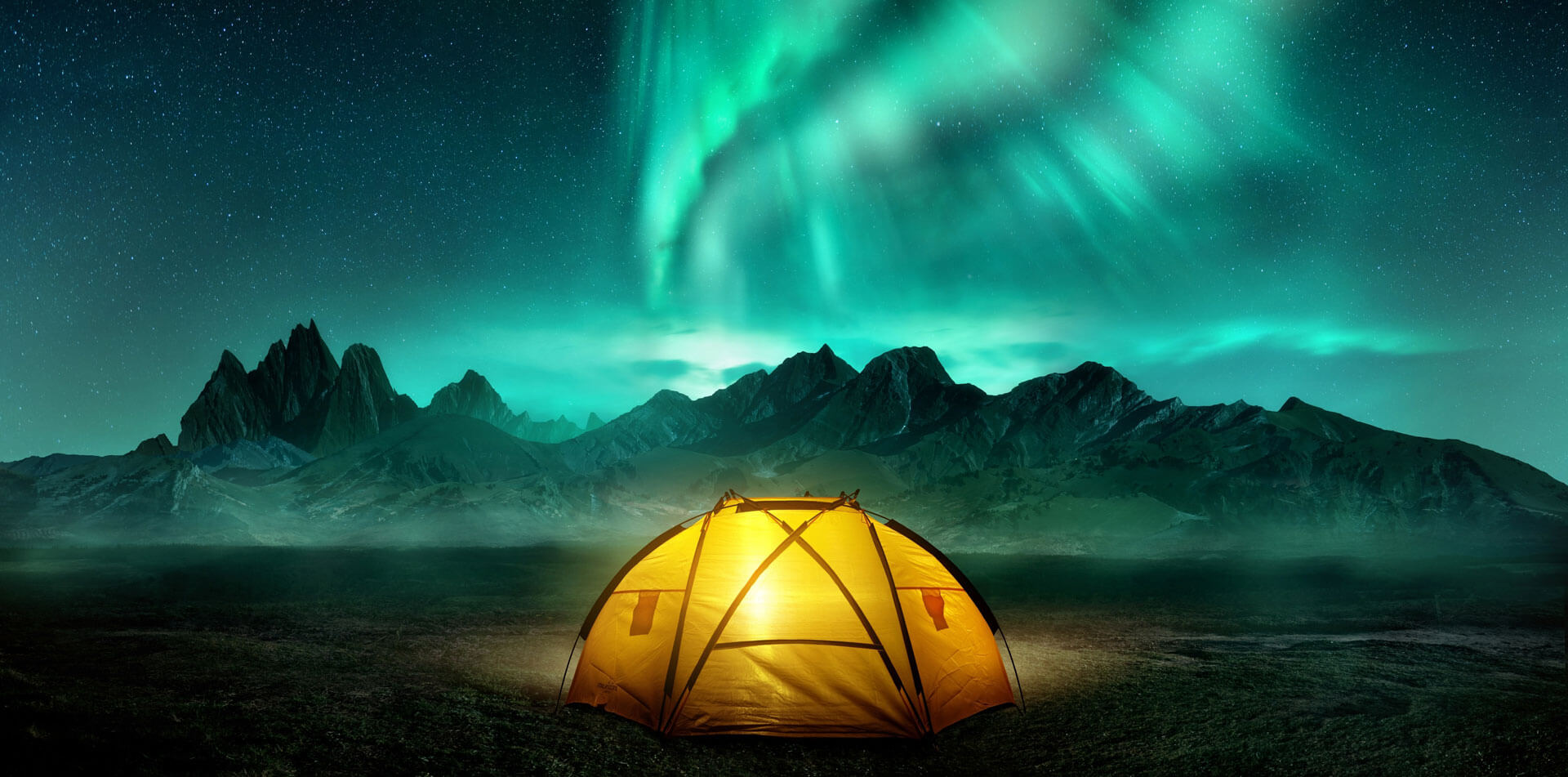




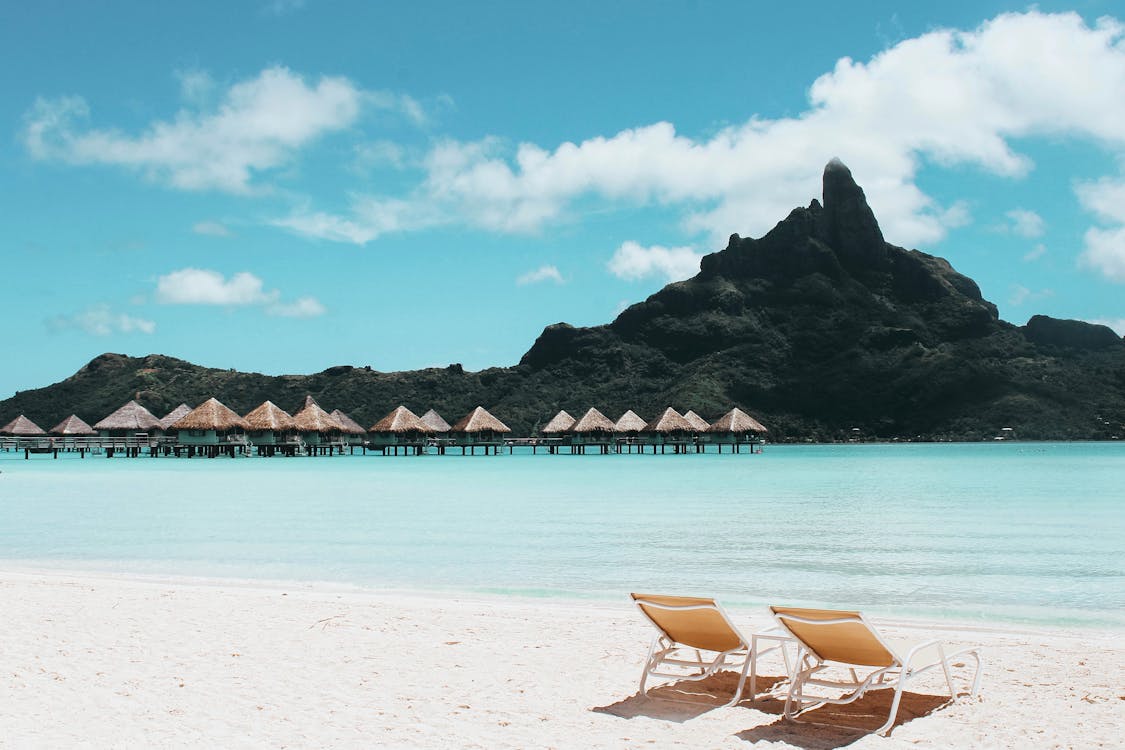
Welcome to Pebble Travel







Curated Luxury Experiences
Explore the world
Best Destinations
Beaches
Safaris
Cycling
Boating
Hiking
Pebble Travel bridges hearts and landscapes, sharing Africa's magic with every inspired traveler.
Luxury Safaris
Outbound Travel
Incentive Travel
Conferences
Reviews from Happy Travelers
 Great experience - I just squeezed this adventure within my tight schedule here in Nairobi but so it was amazing as I had to experience lioness in the wild roaming around the road... read more and giraffes upclose and personal. This tour made these great memories possible.
Great experience - I just squeezed this adventure within my tight schedule here in Nairobi but so it was amazing as I had to experience lioness in the wild roaming around the road... read more and giraffes upclose and personal. This tour made these great memories possible.

November 13, 2023
 Truly creating memories - Pebble is part of our family vacation plan.Caro curated our first family vacation in 2021, and since then, the memories created from the first family vacation to Mombasa have become... read more the foundation that has built a tradition for my family vacation every year. Since then, we have been on the move—Mombasa, Diani, Watamu, Kajiado, and hopefully many more to come. We have been collecting pebbles of memories through pebble tours and travel, truly creating memories.
Truly creating memories - Pebble is part of our family vacation plan.Caro curated our first family vacation in 2021, and since then, the memories created from the first family vacation to Mombasa have become... read more the foundation that has built a tradition for my family vacation every year. Since then, we have been on the move—Mombasa, Diani, Watamu, Kajiado, and hopefully many more to come. We have been collecting pebbles of memories through pebble tours and travel, truly creating memories.

 Velma A
Velma ADecember 18, 2023
 Memorable Experience - Thank you for your excellent services. We enjoyed our Thailand trip beyond our expectations and created beautiful memories. The team is well coordinated, they planned every single detailed including our... read more Spa experiences for the Thai massage and shopping experience in various malls in Bangkok. Keep doing a great job
Memorable Experience - Thank you for your excellent services. We enjoyed our Thailand trip beyond our expectations and created beautiful memories. The team is well coordinated, they planned every single detailed including our... read more Spa experiences for the Thai massage and shopping experience in various malls in Bangkok. Keep doing a great job

 Alice M
Alice MMay 29, 2024




